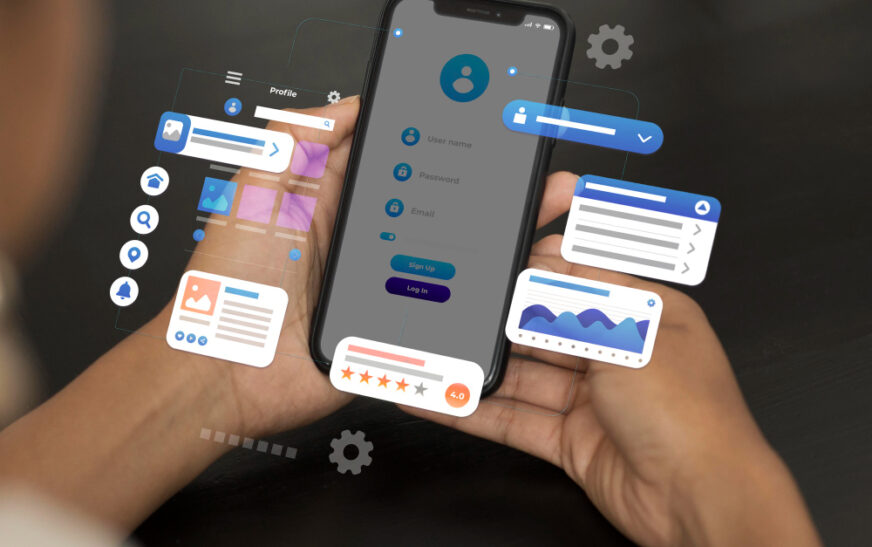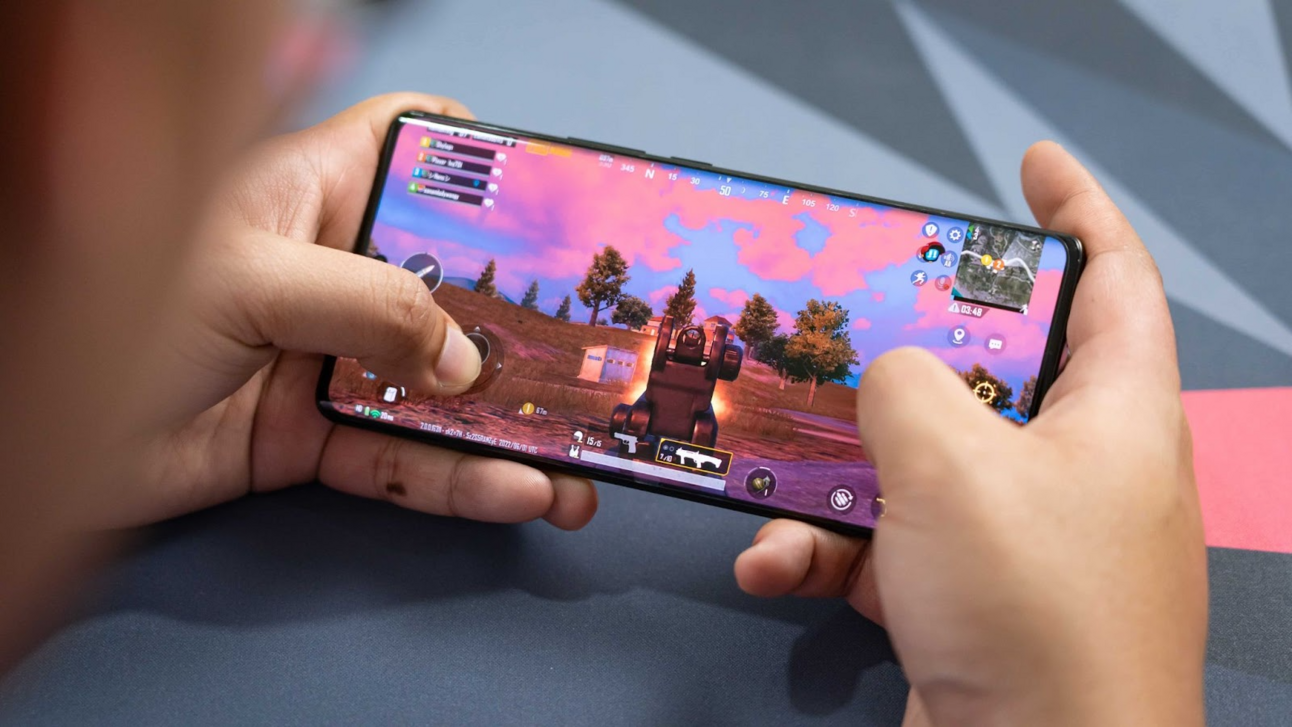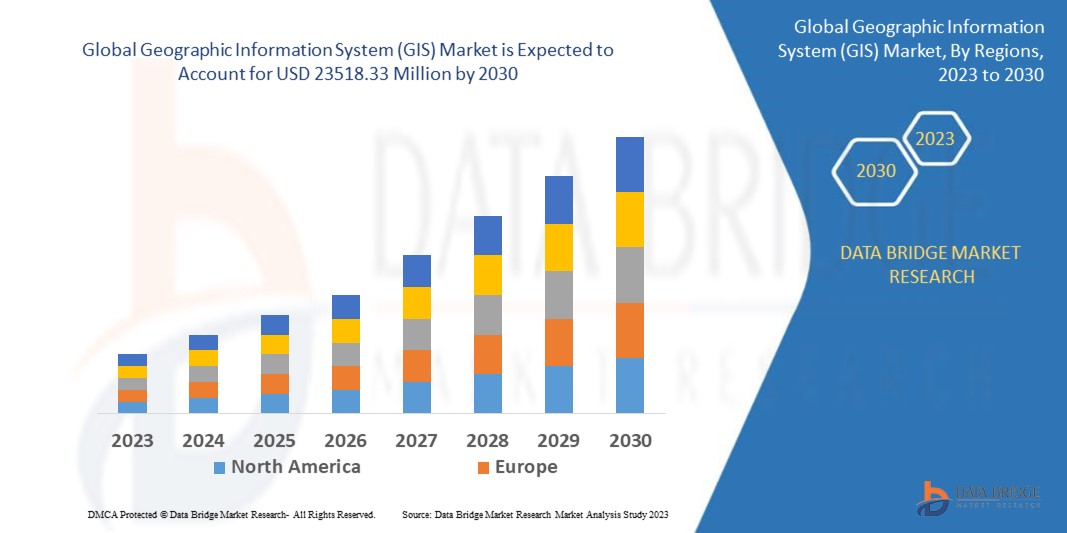The mobile app industry has grown into a trillion-dollar economy, shaping how consumers shop, work, learn, and entertain themselves. In 2025, mobile apps won’t just be “tools” for convenience—they will be critical assets that define brand identity, improve customer engagement, and unlock new revenue streams.
With technologies like AI, AR/VR, 5G, and blockchain pushing innovation, businesses must keep up with these trends or risk being left behind. Here’s an in-depth look at the top mobile app development trends for 2025 and how they can impact businesses across industries.
1. AI-Powered Personalization
Artificial Intelligence has moved from a buzzword to a business necessity. In 2025, AI integration in mobile apps will focus heavily on hyper-personalization.
-
Retail Apps: Personalized product recommendations based on browsing history.
-
Fitness Apps: Tailored workout plans that adjust automatically to user progress.
-
Finance Apps: Predictive analytics to help users manage spending.
AI doesn’t just improve user experience—it also helps businesses gather insights for data-driven decisions. This level of personalization keeps users engaged longer and drives loyalty.
2. 5G-Enhanced Mobile Experiences
The rollout of 5G networks across the globe is a game-changer for mobile app development. Faster speeds and lower latency will unlock opportunities that were previously impossible.
-
Streaming Apps: Buffer-free, high-resolution video and audio experiences.
-
Gaming Apps: Real-time multiplayer interactions with near-zero lag.
-
Healthcare Apps: Remote consultations and monitoring powered by live data streams.
5G also means lighter apps since more processing can be handled in the cloud, reducing device strain and improving performance.
3. Rise of Super Apps
Inspired by platforms like WeChat in China, super apps combine multiple functions into a single ecosystem. Instead of juggling dozens of apps, users can chat, shop, pay, book travel, and even invest—all in one place.
In 2025, we’ll see more businesses integrating services into unified apps. For example:
-
E-commerce companies adding banking features.
-
Ride-hailing apps offering food delivery and bill payments.
Super apps not only improve convenience but also lock users into a brand ecosystem, reducing the chances they’ll turn to competitors.
4. AR and VR Applications
Augmented Reality (AR) and Virtual Reality (VR) are no longer niche—they are mainstream drivers of customer engagement. In 2025, AR and VR apps will reshape industries such as:
-
Retail: Virtual try-on for clothes, shoes, or makeup.
-
Real Estate: 3D virtual tours of properties.
-
Education: Immersive classrooms where students can “experience” history or science.
-
Healthcare: VR-assisted therapy and AR-enhanced surgical planning.
This trend shows that businesses must think beyond screens and explore immersive, interactive experiences.
5. Blockchain Integration
Blockchain is not just about cryptocurrency—it’s about transparency and security. Mobile apps in 2025 will increasingly leverage blockchain for:
-
Secure transactions in fintech apps.
-
Data verification in healthcare and legal apps.
-
NFT marketplaces for creators and artists.
Blockchain also enhances user trust by ensuring that sensitive data cannot be tampered with.
6. Focus on Security and Privacy
As apps collect more personal data, cybersecurity has become a top concern. In 2025, mobile apps must prioritize privacy to stay compliant with global regulations like GDPR.
Emerging trends include:
-
Biometric authentication (fingerprints, facial recognition).
-
Zero-trust frameworks to reduce vulnerabilities.
-
Transparent privacy policies that give users control over data.
Users are more willing to engage with apps that respect their privacy and show clear accountability.
7. Low-Code and No-Code Development
Businesses are under pressure to launch apps quickly. Low-code/no-code platforms make it possible to build functional apps with drag-and-drop tools, reducing development time.
While enterprise-grade apps will still need custom development for scalability, low-code tools empower startups and SMEs to test ideas without heavy investment.
8. Sustainability and Green Apps
As climate change awareness grows, consumers want brands that align with their values. Mobile app developers are responding by:
-
Designing lightweight apps that consume less energy.
-
Building digital-first solutions to reduce paper waste (e.g., e-tickets, e-receipts).
-
Promoting eco-conscious initiatives through gamification (e.g., rewarding users for reducing carbon footprints).
This eco-friendly focus strengthens brand image and appeals to Gen Z and Millennial audiences.
9. Progressive Web Apps (PWAs)
PWAs combine the accessibility of websites with the functionality of native apps. They:
-
Work offline.
-
Load quickly, even with poor connectivity.
-
Are discoverable by search engines.
In 2025, PWAs will become the go-to solution for businesses seeking app-like functionality without the cost of full-scale app development.
10. The Emergence of Wearable Apps
Wearable technology, like smartwatches and fitness trackers, is influencing how apps are designed. Mobile apps in 2025 will increasingly integrate with wearables to provide:
-
Health monitoring (heart rate, sleep, activity tracking).
-
Payment features (contactless payments through wearables).
-
Productivity tools (reminders, calendars, notifications).
This trend highlights the need for cross-platform compatibility across devices.
Real-World Case Studies
-
Nike Run Club: Leveraging AI and wearables, Nike delivers personalized training experiences while syncing seamlessly across mobile and smartwatch apps.
-
IKEA Place: Uses AR to allow customers to visualize furniture in their homes before purchase—boosting engagement and reducing returns.
-
Revolut: Combines super app features (banking, investments, payments) in one mobile app ecosystem, setting new standards for fintech.
These case studies prove that innovation in mobile apps leads directly to increased engagement, customer loyalty, and revenue growth.
Conclusion
Mobile app development in 2025 will be driven by personalization, immersive experiences, security, and sustainability. Businesses that adapt to these trends will not only survive but thrive in the digital economy.
If you’re ready to stay ahead of the curve and create apps that meet the highest industry standards, partnering with expert mobile app design services in Dubai ensures your brand is future-proof and competitive in the global market.










